Ecological Spirituality: Books
Further resources, if available, can be found in our full bibliography.
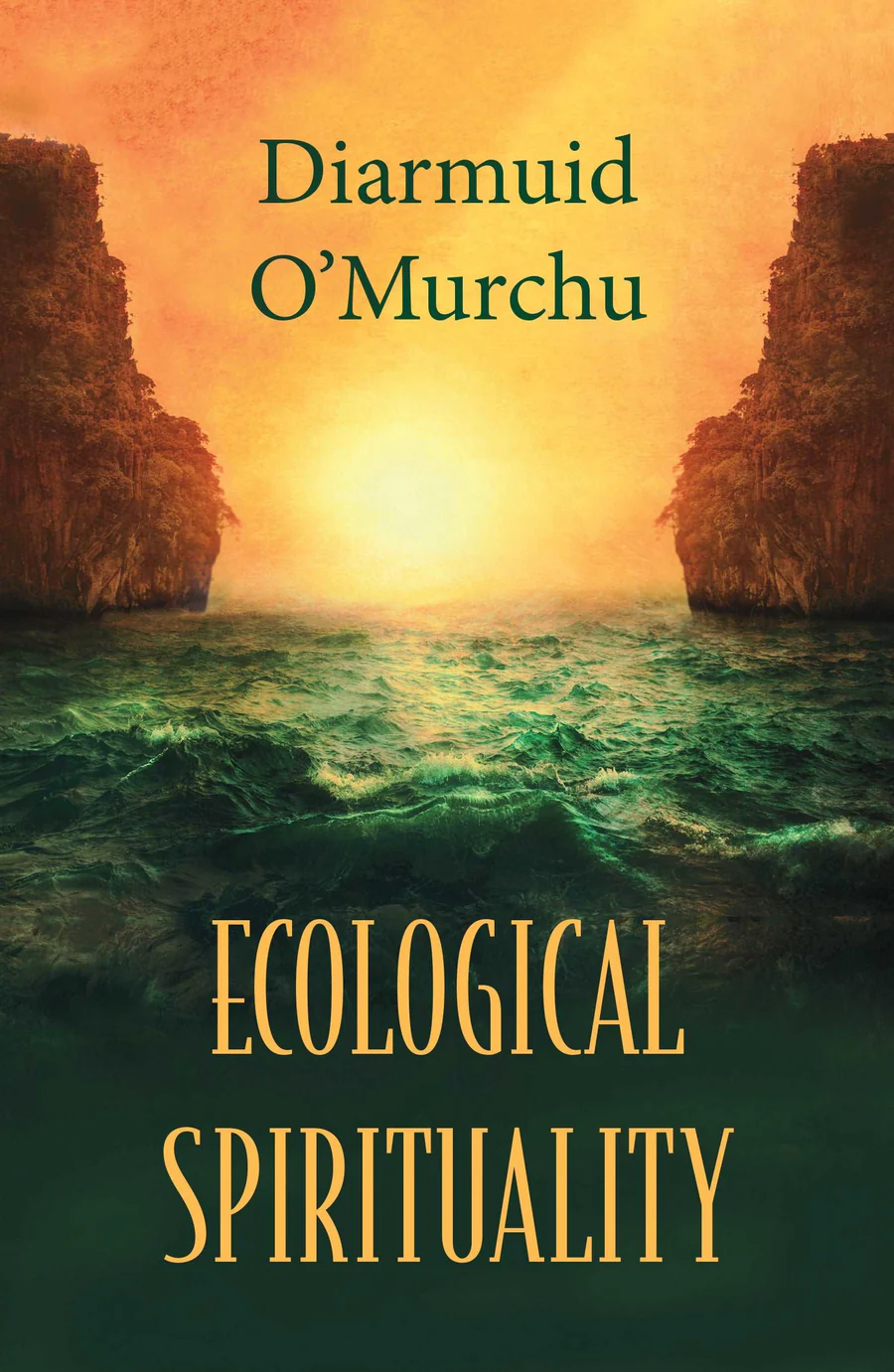
The changes that humans must make to address the complex ecological crises today are unlikely to happen if they do not experience a spiritual revolution. In Ecological Spirituality, Diarmuid O’Murchu invites readers to the revolutionary work of a life-promoting spirituality for this time. He explores how humans must move beyond understandings of holiness that emphasize detachment from their world in favor of a transcendent something beyond.
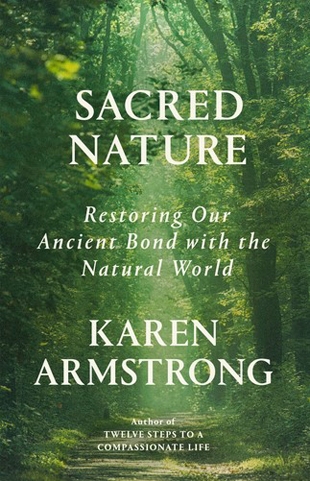
Since the beginning of time, humankind has looked upon nature and seen the divine. In the writings of the great thinkers across religions, the natural world inspires everything from fear, to awe, to tranquil contemplation. God, or however one defined the sublime, was present in everything. Yet today, even as someone may admire a tree or take in a striking landscape, they rarely see nature as sacred. In this short but deeply powerful book, historian of religion Karen Armstrong re-sacralizes nature for modern times. Drawing on her vast knowledge of the world’s religious traditions, she vividly describes nature’s central place in spirituality across the centuries. In bringing this age-old wisdom to life, Armstrong shows modern readers how to rediscover nature’s potency and form a connection to something greater than themselves.
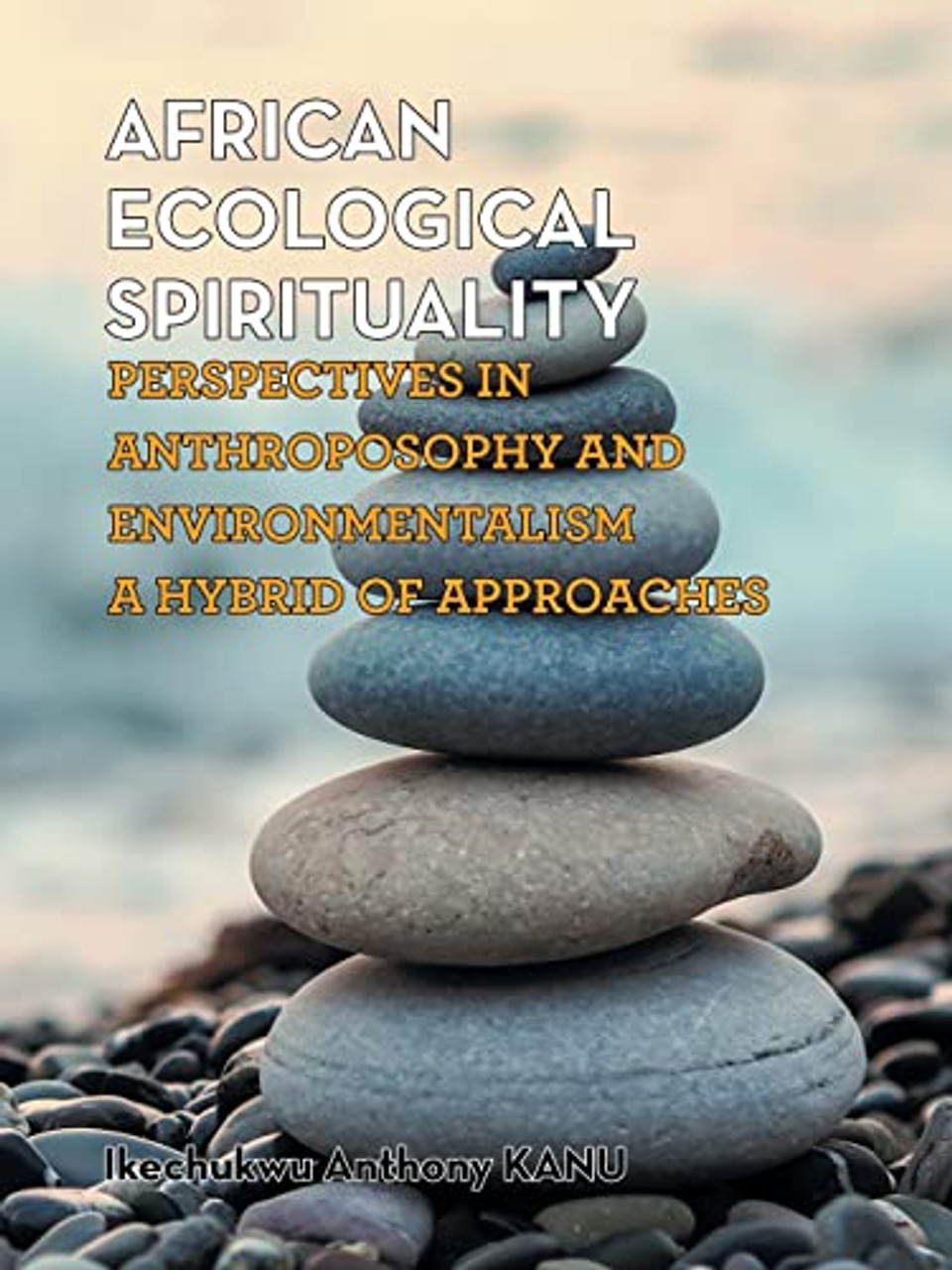
African Ecological Spirituality: Perspectives in Anthroposophy and Environmentalism; a Hybrid of Approaches
Ikechukwa Anthony Kanu
Authorhouse
2022
In the face of the emerging consequences of anthropogenic activities in relation to the environment, Africa is today united by the consciousness that individual destinies are caught up with the health of natural systems at the national, regional and continental levels. This book of readings on African Ecological Spirituality: Perspectives in Anthroposophy and Environmentalism focuses on scholarly and Indigenous perspectives regarding the evolution of eco-spirituality in Africa. It provides answers to fundamental questions that have been looming at the horizon of thought for years on the contribution of African spirituality to ecological discourse.
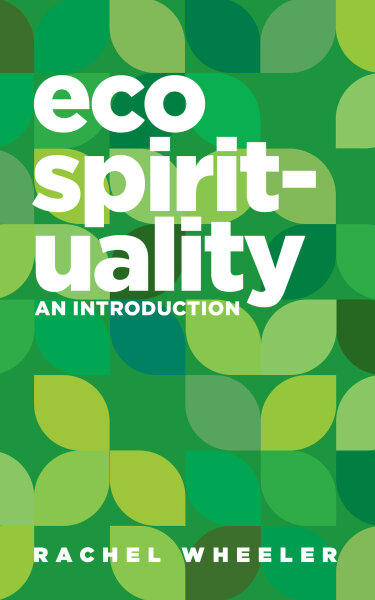
Ecospirituality, for the first time, comprehensively introduces and lays the foundation for further individual growth in the burgeoning field of ecospirituality. Rachel Wheeler covers the background for environmentally oriented spirituality in the Christian tradition, beginning with expressions of creation care and creation degradation in the Judeo-Christian Scriptures, and moving through important moments and figures in the history of Christian spirituality. With this foundation in place, she reveals how expressions of renewed interest in creation care are showing up amid compromised living habitats today, and shows what ideas laid the groundwork for beginning to speak of God, human identity, and human responsibility in certain ways.
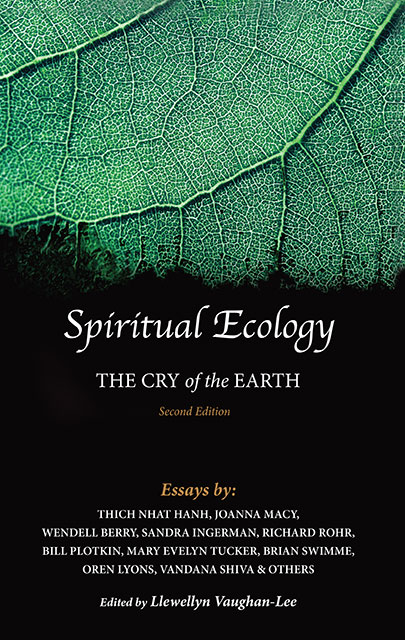
Showing the deep connection between the present ecological crisis and humanity’s general lack of awareness of the sacred nature of creation, this series of essays from spiritual and environmental leaders around the world shows how humanity can transform its relationship with the Earth. Combining the thoughts and beliefs from a diverse range of essayists, this collection highlights the current ecological crisis and articulates a much-needed spiritual response to it. Perspectives from Buddhism, Sufism, Christianity, and Native American beliefs as well as physics, deep psychology, and other environmental disciplines, make this a well-rounded contribution. For more on this, please visit the website Working with Oneness.
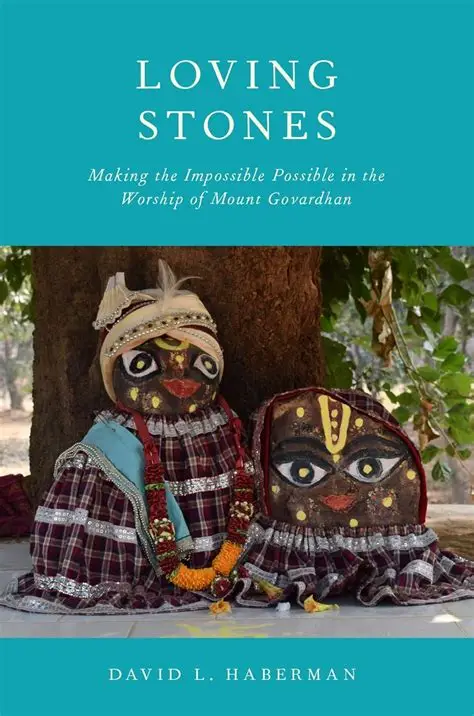
Loving Stones: Making the Impossible Possible in the Worship of Mount Govardhan
David Haberman
Oxford University Press
2020
Loving Stones: Making the Impossible Possible in the Worship of Mount Govardhan is based on ethnographic and textual research with two major objectives. First, it is a study of the conceptions of and worshipful interactions with Mount Govardhan, a sacred mountain located in the Braj region of north-central India that has for centuries been considered an embodied form of Krishna. In this capacity it provides detailed information about the rich religious world associated with Mount Govardhan, much of which has not been available in previous scholarly literature. It is often said in that Mount Govardhan “makes the impossible possible” for devoted worshipers. This investigation includes an examination of the perplexing paradox of an infinite god embodied in finite form, wherein each particular form is non-different from the unlimited. Second, it aims to address the challenge of interpreting something as radically different as the worship of a mountain and its stones for a culture in which this practice is quite alien. This challenge involves exploration of interpretive strategies that aspire to make the incomprehensible understandable, and engages in theoretical considerations of incongruity, inconceivability, and like realms of the impossible. This aspect of the book includes critical consideration of the place and history of the pejorative concept of idolatry (and secondarily, its twin, anthropomorphism) in the comparative study of religions. Accordingly, the second aim aspires to use the worship of Mount Govardhan as a site to explore ways in which scholars engaged in the difficult work of representing other cultures struggle to “make the impossible possible.”
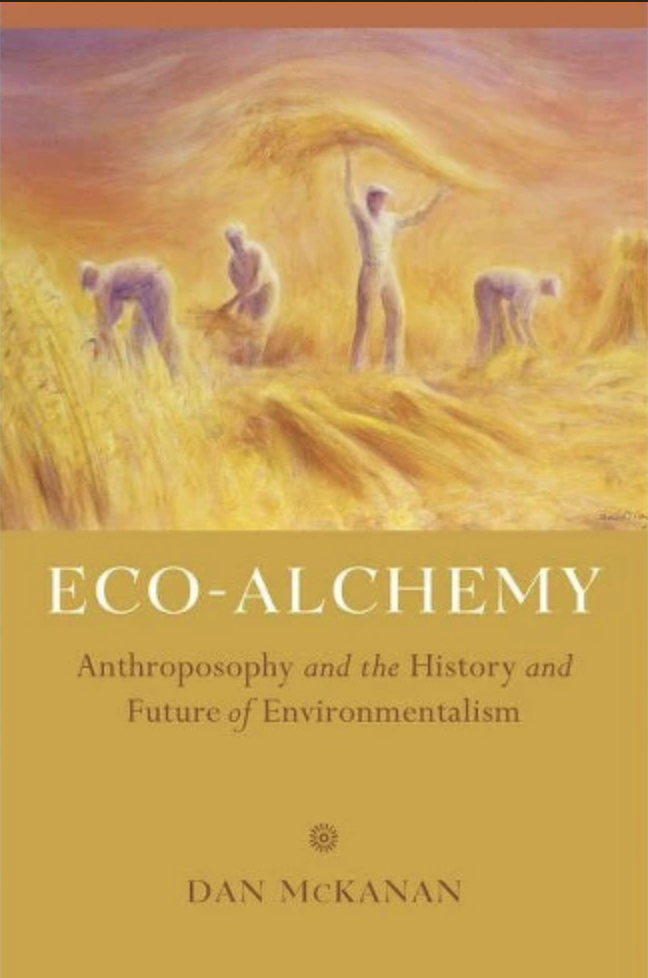
Eco-Alchemy: Anthroposophy and the History and Future of Environmentalism
Dan McKanan
University of California Press
2018
For nearly a century, the worldwide anthroposophical movement has been a catalyst for environmental activism, helping to bring to life many modern ecological practices such as organic farming, community-supported agriculture, and green banking. Yet the spiritual practice of anthroposophy remains unknown to most environmentalists. A historical and ethnographic study of the environmental movement, Eco-Alchemy uncovers for the first time the profound influences of anthroposophy and its founder, Rudolf Steiner, whose holistic worldview, rooted in esoteric spirituality, inspired the movement. Dan McKanan shows that environmentalism is itself a complex ecosystem and that it would not be as diverse or as transformative without the contributions of anthroposophy.
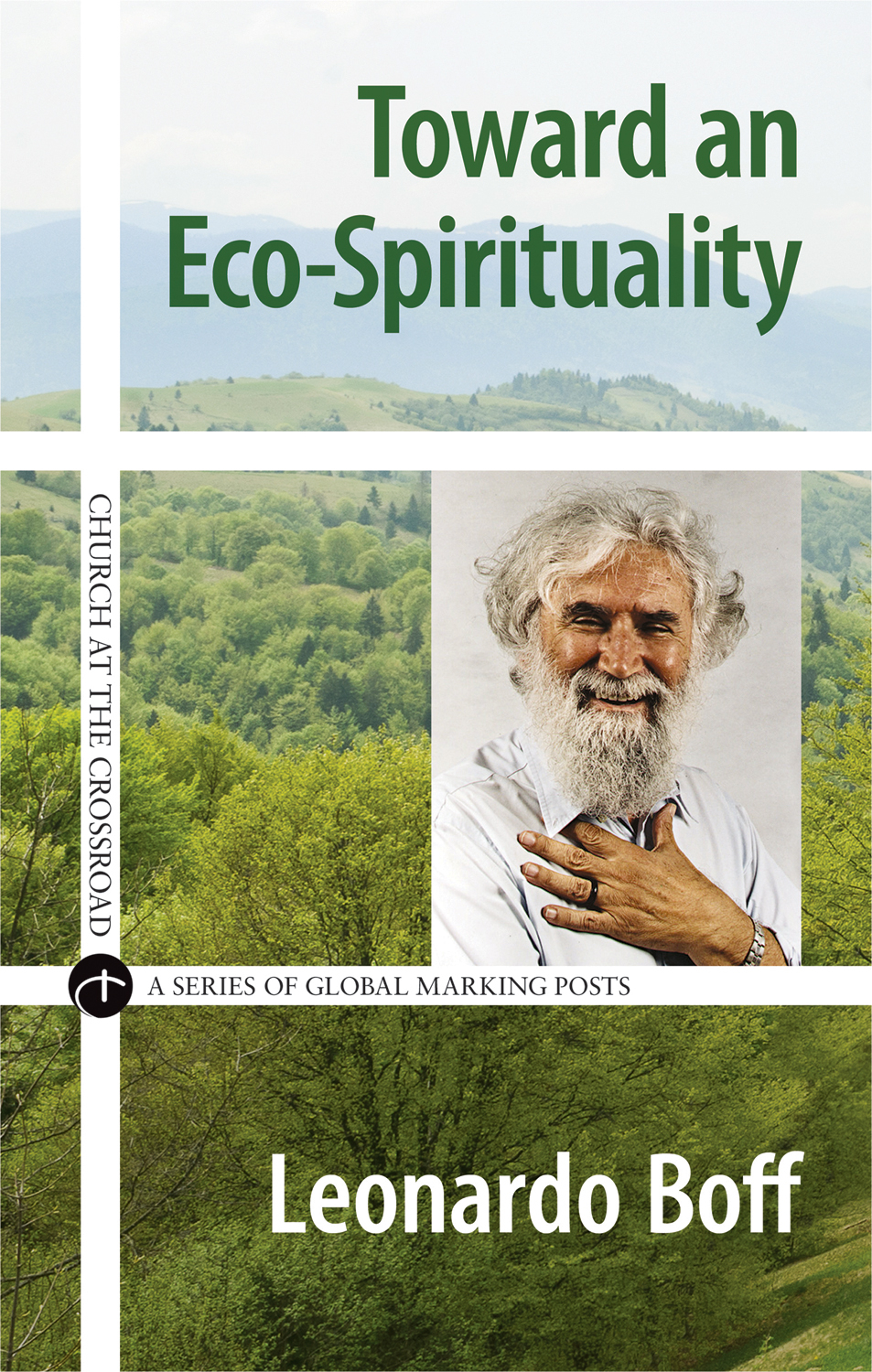
An action plan, based on Christianity, to study and understand the challenges and ramifications of the global ecological crisis known as one of the major liberation theologians, Leonardo Boff has long seen the terrible cost of the ecological crisis to the poor. In this brief, he outlines a new vision for human stewardship of the Earth. This is an ideal first step to take for individuals and groups to study ecology in a Christian context, and to understand that ecology is no longer a luxury for a few, but an imperative for everyone working for a more just world.
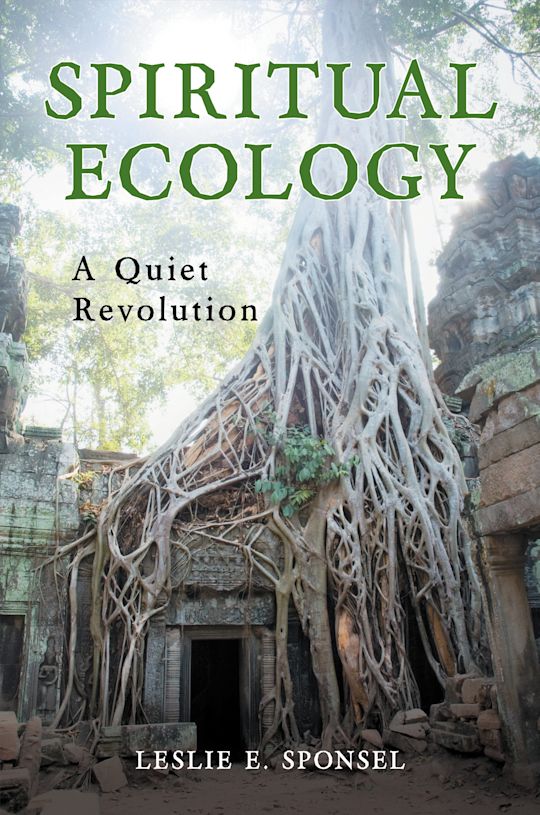
This foundational book is unique in that it provides a historical, cross-cultural context for understanding and advancing the ongoing spiritual ecology revolution, considering Indigenous and Asian religious traditions as well as Western ones. Most chapters focus on a single pioneer, illuminating historical context and his/her legacy, while also connecting that legacy to broader concerns. Coverage includes topics as diverse as Henry David Thoreau and the Green Patriarch Bartholomew’s decades-long promotion of environmentalism as a sacred duty for more than 250 million members of the Orthodox Church worldwide.
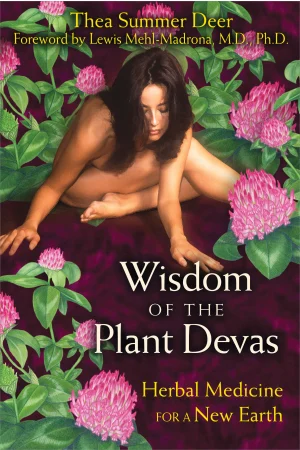
Each plant has a story to share, a healing story to guide someone in trying times, a spirit medicine for the New Earth that is presently unfolding. Herbs are some of the most powerful allies humans have for these transitional times–one just needs to learn how to listen as the herbs share their knowledge. In Wisdom of the Plant Devas, Thea Summer Deer reveals a new dimension of herbal medicine, one where the plant’s spirit is consulted for guidance and healing beyond the physical. Examining the botany, modern and traditional uses, history, and folklore of thirteen special herbs, such as rosemary, uva ursi, and datura, she shares divinations and messages from their devas, or plant spirits, explaining how these stories carry the herbs into a person’s life, letting the herbs work their magic on them. Exploring herbal medicine from an energetic perspective, she reveals that by communing with the deva of a plant, humans can call on the plant’s physical, psychological, and spiritual medicine and guidance—without ingesting it or even being in its presence. Detailing the sacred space of a Medicine Wheel Garden, whether in a backyard or one’s imagination, she connects readers with the devas and empowers them to seek their own answers with much-needed spiritual guidance and divinatory advice. Creating a bridge between botanical medicine and plant spirit medicine, she shows how by coming into community with the devas and co-creating with the world of nature, humans can gain tremendous insights to help heal their hearts, minds, and spirits and consciously evolve as together they birth the New Earth.
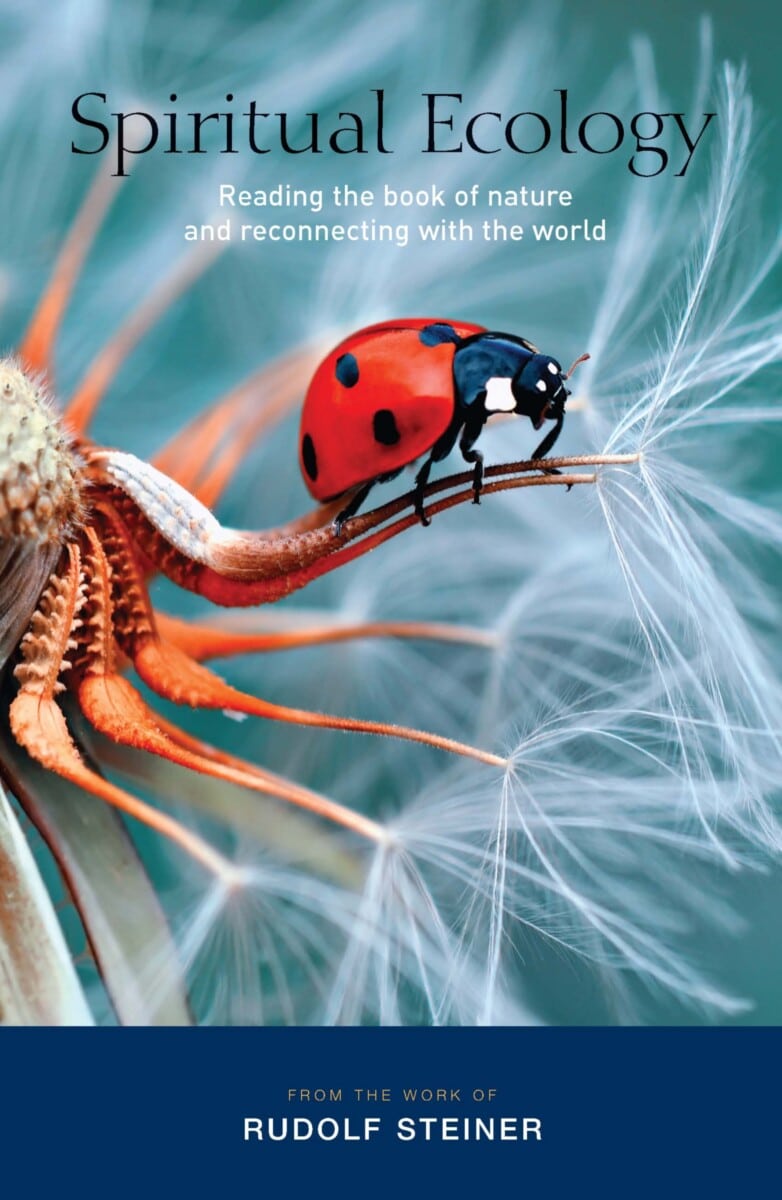
Spiritual Ecology: Reading the Book of Nature and Reconnecting with the World
Rudolf Steiner
Matthew Barton
Rudolf Steiner Press
2008
Rudolf Steiner’s work is full of important, far-sighted perspectives on the relationship of human beings with the natural world. His insights are more relevant today than they were during his time. Steiner offers a new, conscious equilibrium with nature: humans are not entitled simply to exploit the Earth, but neither should they view themselves as devastating irritants on Earth’s surface. Humans are an integral part of the evolving natural world that surrounds them and from which they arise. Within this relationships humans may rediscover themselves. In the extracts compiled in this volume–presented with commentary and notes by Matthew Barton–Steiner discusses human perception, the Earth, water, plants, animals, insects, agriculture, and natural catastrophes. Spiritual Ecology offers a wealth of original thought and spiritual insight on the future of the Earth and humanity.
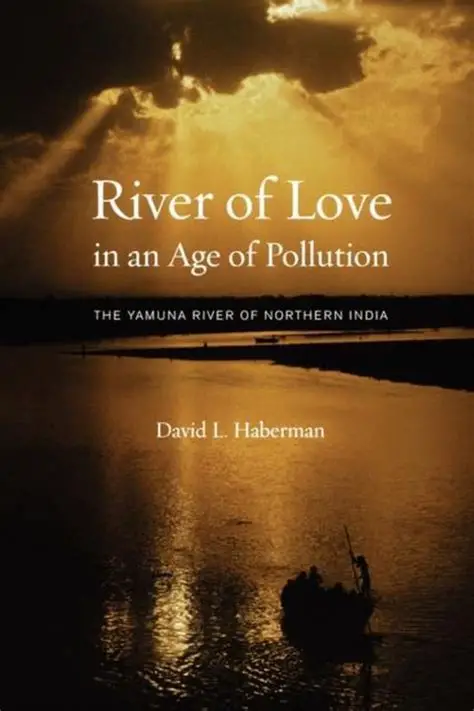
River of Love in an Age of Pollution: The Yamuna River of Northern India
David Haberman
University of California Press
2006
Celebrated as an aquatic form of divinity for thousands of years, the Yamuna is one of India’s most sacred rivers. A prominent feature of north Indian culture, the Yamuna is conceptualized as a goddess flowing with liquid love—yet today it is severely polluted, the victim of fast-paced industrial development. This fascinating and beautifully written book investigates the stories, theology, and religious practices connected with this river goddess collected from texts written over several millennia, as well as from talks with pilgrims, priests, and worshippers who frequent the pilgrimage sites and temples located on her banks. David L. Haberman offers a detailed analysis of the environmental condition of the river and examines how religious practices are affected by its current pollution. He introduces Indian river environmentalism, a form of activism that is different in many ways from its western counterpart. River of Love in an Age of Pollution concludes with a consideration of the broader implications of the Yamuna’s plight and its effect on worldwide efforts to preserve our environment.
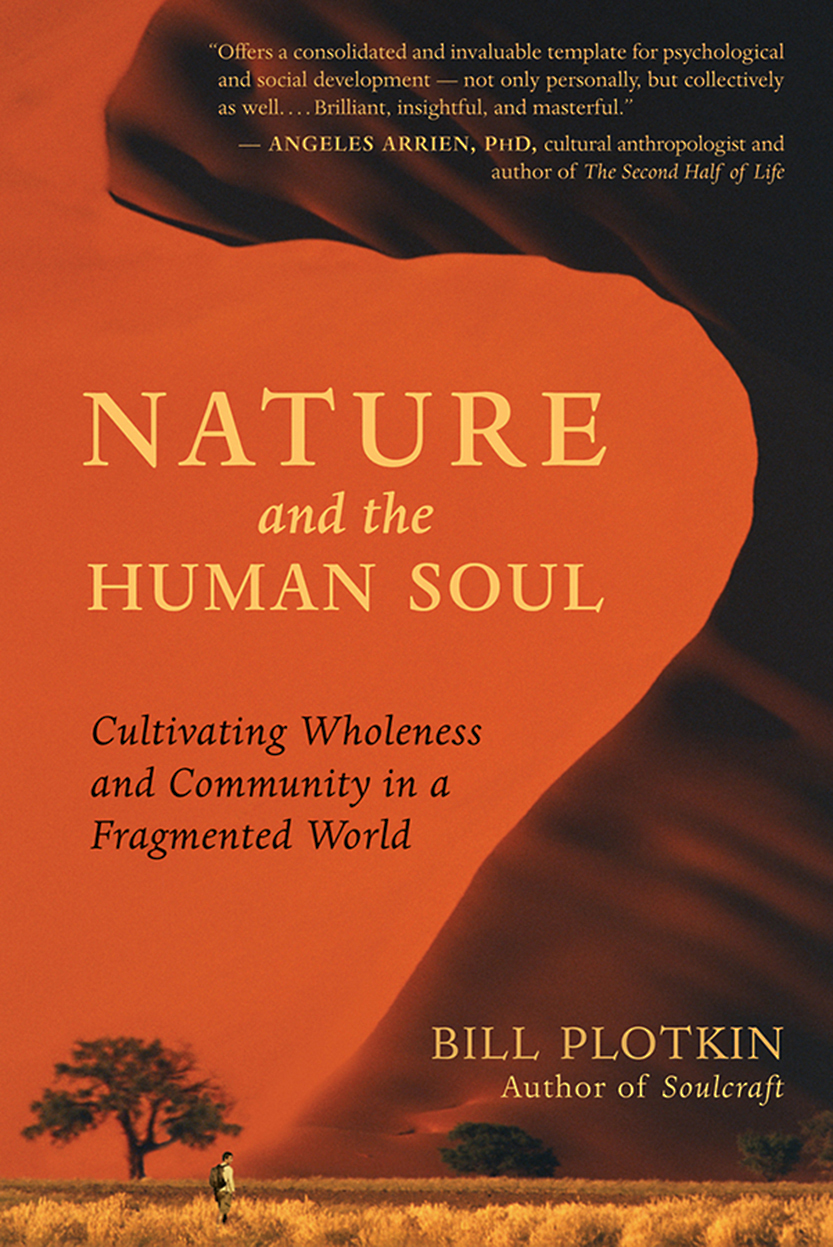
Nature and the Human Soul: Cultivating Wholeness and Community in a Fragmented World
Bill Plotkin
New World Library
2006
Addressing the pervasive longing for meaning and fulfillment in this time of crisis, Nature and the Human Soul introduces a visionary ecopsychology of human development that reveals how fully and creatively humans can mature when soul and wild nature guide them. Depth psychologist and wilderness guide Bill Plotkin presents a model for a human life span rooted in the cycles and qualities of the natural world, a blueprint for individual development that ultimately yields a strategy for cultural transformation.
Photo Credit: Bontoc, Philippines; Michael Rivera/Unsplash